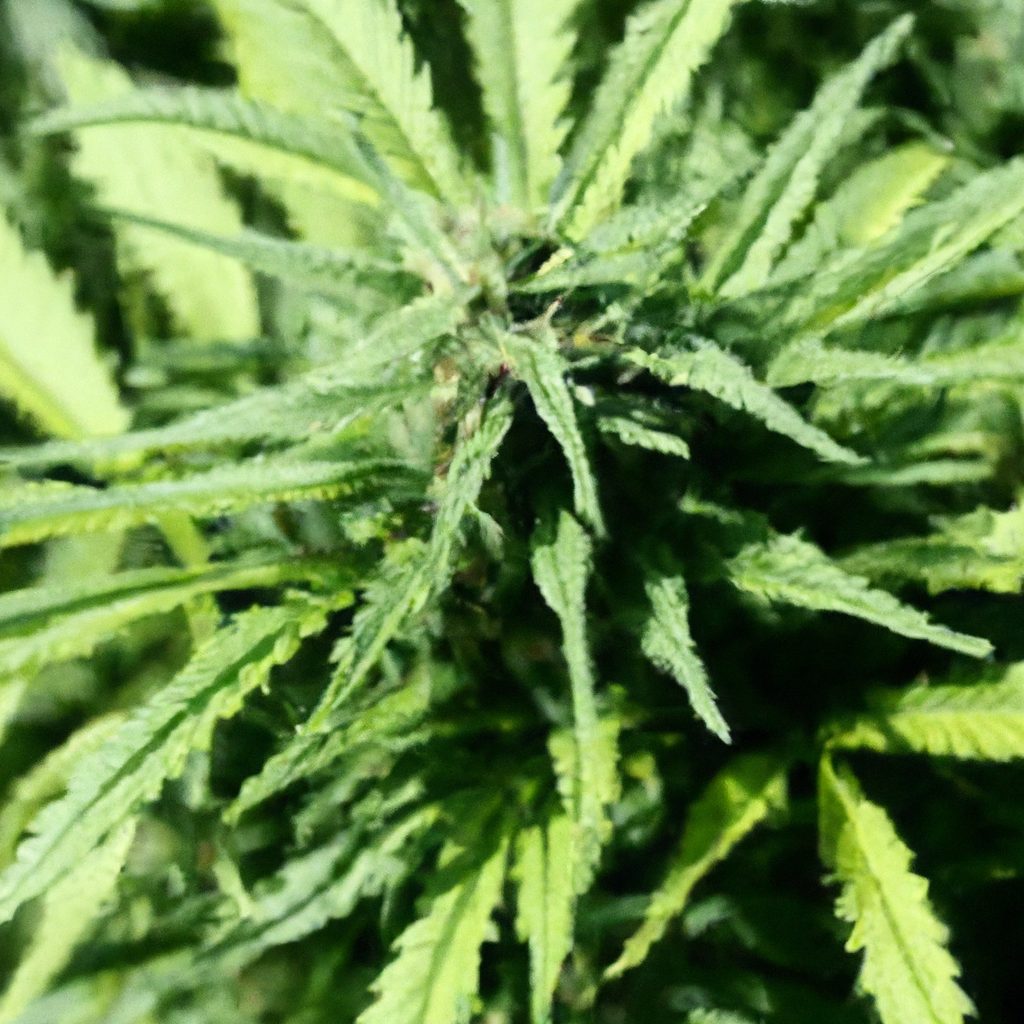Your cart is currently empty!
Organic cannabis cultivation is not just a growing trend; it’s a commitment to sustainability and healthy, eco-friendly practices. By focusing on natural fertilizers, compost, and biological pest control methods, growers can produce high-quality cannabis while supporting the environment. Let’s explore some best practices for cultivating cannabis organically, promoting a thriving soil ecosystem, and ensuring the sustainability of your operations.
Building Healthy Soil Ecosystems
The foundation of successful organic cannabis growth lies in the soil. Creating a rich, living soil is crucial for fostering robust plant health.
- Compost Enrichment: Use well-made compost to enrich the soil. Compost adds essential nutrients, improves soil structure, and promotes microorganisms that aid plant growth.
- Cover Crops: Plant cover crops like clover or rye between growing cycles. These not only prevent erosion but also add nitrogen and organic matter back into the soil.
- Mulching: Apply an organic mulch layer to maintain soil moisture, suppress weed growth, and gradually release nutrients as it decomposes.
Natural Fertilizers and Pest Control
Opting for natural fertilizers and biologically-based pest control methods ensures your cannabis remains free from harmful chemicals.
- Natural Amendments: Use organic fertilizers like bone meal, fish emulsion, or neem cake. These provide essential macro and micronutrients without the risk of chemical buildup.
- Beneficial Insects: Introduce insects such as ladybugs or predatory mites to help control pest populations naturally.
- Companion Planting: Plant pest-repelling herbs and flowers like marigolds or basil near your cannabis to deter common pests.
Avoiding Synthetic Chemicals
The cornerstone of organic growing is completely avoiding synthetic fertilizers and pesticides. Here’s why:
- Prevents chemical runoff into local waterways, protecting aquatic life.
- Promotes healthier plant growth and potentially more flavorful yields due to richer terpene profiles in naturally grown cannabis.
- Enhances soil health and fertility over time, leading to sustainable and regenerative farming practices.
Promoting Sustainability
Integrating sustainable practices into your growing operations can vastly reduce environmental impact while maximizing efficiency.
- Water Conservation: Use drip irrigation systems to reduce water usage and prevent soil erosion.
- Energy Efficiency: Embrace renewable energy sources like solar panels for an eco-friendly power supply.
- Cycling and Reusing Organic Material: Compost residual plant matter to recycle and enrich the soil without waste.
Conclusion
By committing to organic cannabis cultivation, you’re investing not only in the health of your plants but also in the health of the planet and the well-being of consumers. The benefits of organic cannabis — from improved soil health and reduced environmental impact to superior plant quality — are invaluable. Growers can feel confident that their practices contribute positively to both their gardens and the broader ecosystem.
Tags: OrganicGrowing, NaturalFertilizers, Compost, PestControl, Sustainability
Discover more from Magic Clones
Subscribe to get the latest posts sent to your email.


Leave a Reply